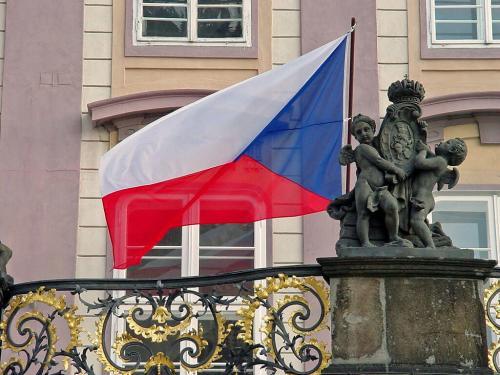EU Commission Approves €401 Million to Contribute to Czechia‘s National Energy and Climate Plan

The European Commission has approved, under EU State aid rules, a €401 million Czech scheme to promote green district heating based on renewable energy and waste heat. The measure will contribute to the implementation of Czechia‘s National Energy and Climate Plan and to the EU’s strategic objectives relating to the European Green Deal.
The Czech scheme
Czechia notified the Commission of its intention to introduce a €401 million scheme to promote the decarbonisation of heat generation units connected to district heating systems. The scheme will run until 31 December 2025.
The scheme will support the installation of new renewable heat generation units based on biomass and waste with a capacity above 500 kW. The scheme will be open to owners of heat generation installations holding a heat energy production licence and producing heat from (i) biomass, or (ii) waste that is considered a renewable energy source within the meaning of the Renewable Energy Directive. In the case of heat generation based on waste, projects are required to respect the waste hierarchy principle in order to be eligible. Under the scheme, the aid will take the form of a green bonus to heat generators for each gigajoule of heat supplied to the heat distribution system.*
The scheme is expected to support the installation of approximately 345 MWt of renewable heat generation capacity.
See related article: EIB Grants €790 Million Loan to Czech Utility ČEZ for New Renewable Energy Sources
The Commission’s assessment
The Commission assessed the scheme under EU State aid rules, in particular Article 107(3)(c) of the Treaty on the Functioning of the EU (‘TFEU’), which enables Member States to support the development of certain economic activities subject to certain conditions, as well as under the 2022 Guidelines on State aid for climate, environmental protection and energy.
The Commission found that:
- The aid is necessary and appropriate for the decarbonisation of the district heating sector in Czechia and that it has an ‘incentive effect’. As fossil fuels have a cost advantage over renewable heat, in the absence of aid, investments in new heat generation facilities would be based on natural gas, potentially without the combined production of electricity, resulting in lower levels of energy efficiency.
- The aid is proportionate and limited to the minimum necessary. The level of aid is based on the funding gap quantification for a reference project. In addition, the support for heat generation will be subject to annual monitoring by the authorities and adjusted to ensure that the funding gap is not exceeded.
- The positive effects of the aid on the decarbonisation of district heating systems in Czechia outweigh any potential negative effects on competition and trade between Member States. The scheme will support the decarbonisation of the district heating sector in Czechia, in particular increasing the use of renewable energy in the heating and cooling sector, in line with the European Green Deal, without unduly distorting competition in the Single Market.
On this basis, the Commission approved the Czech scheme under EU State aid rules.










